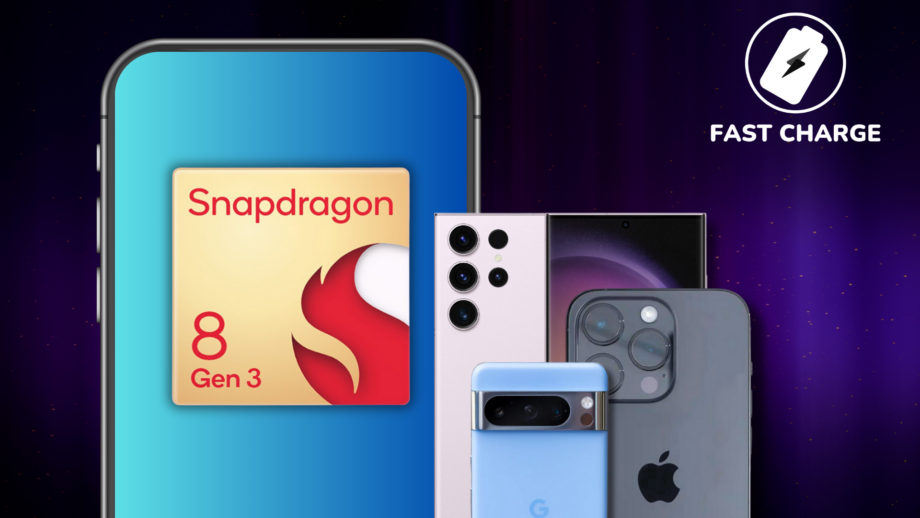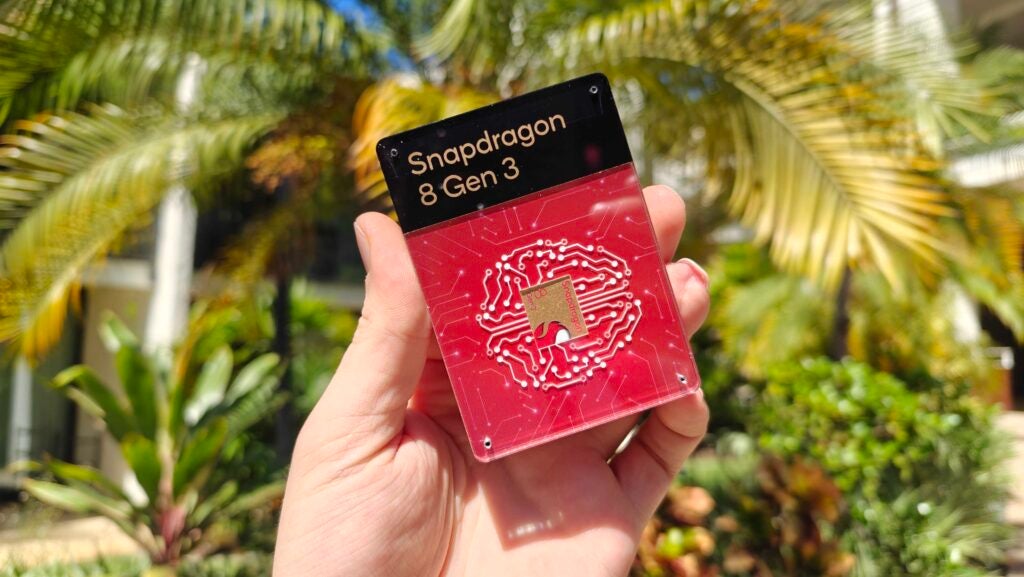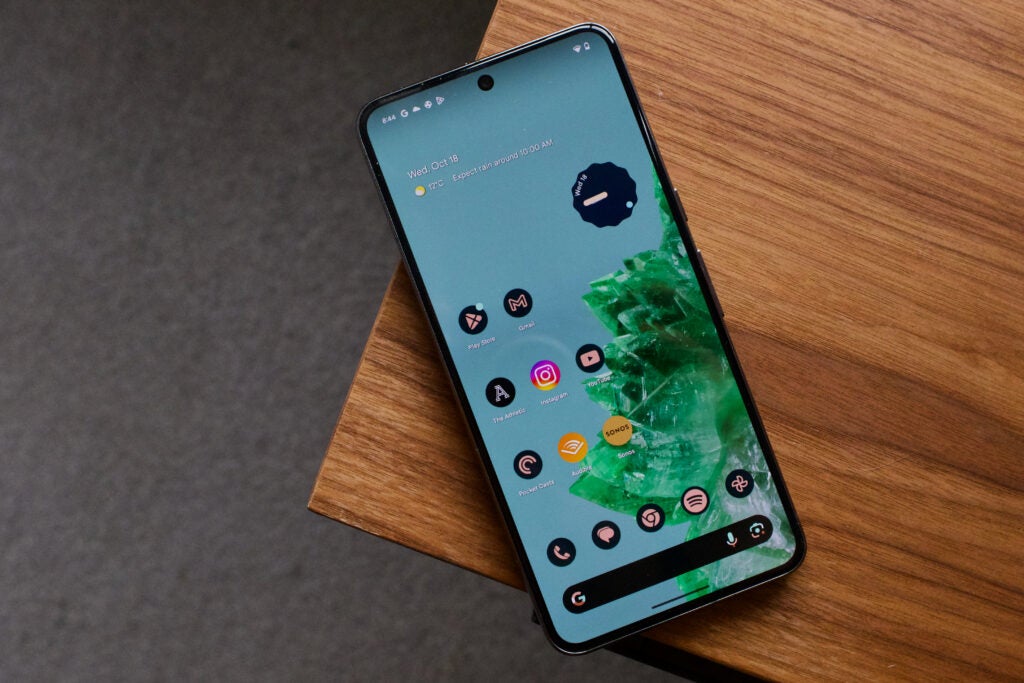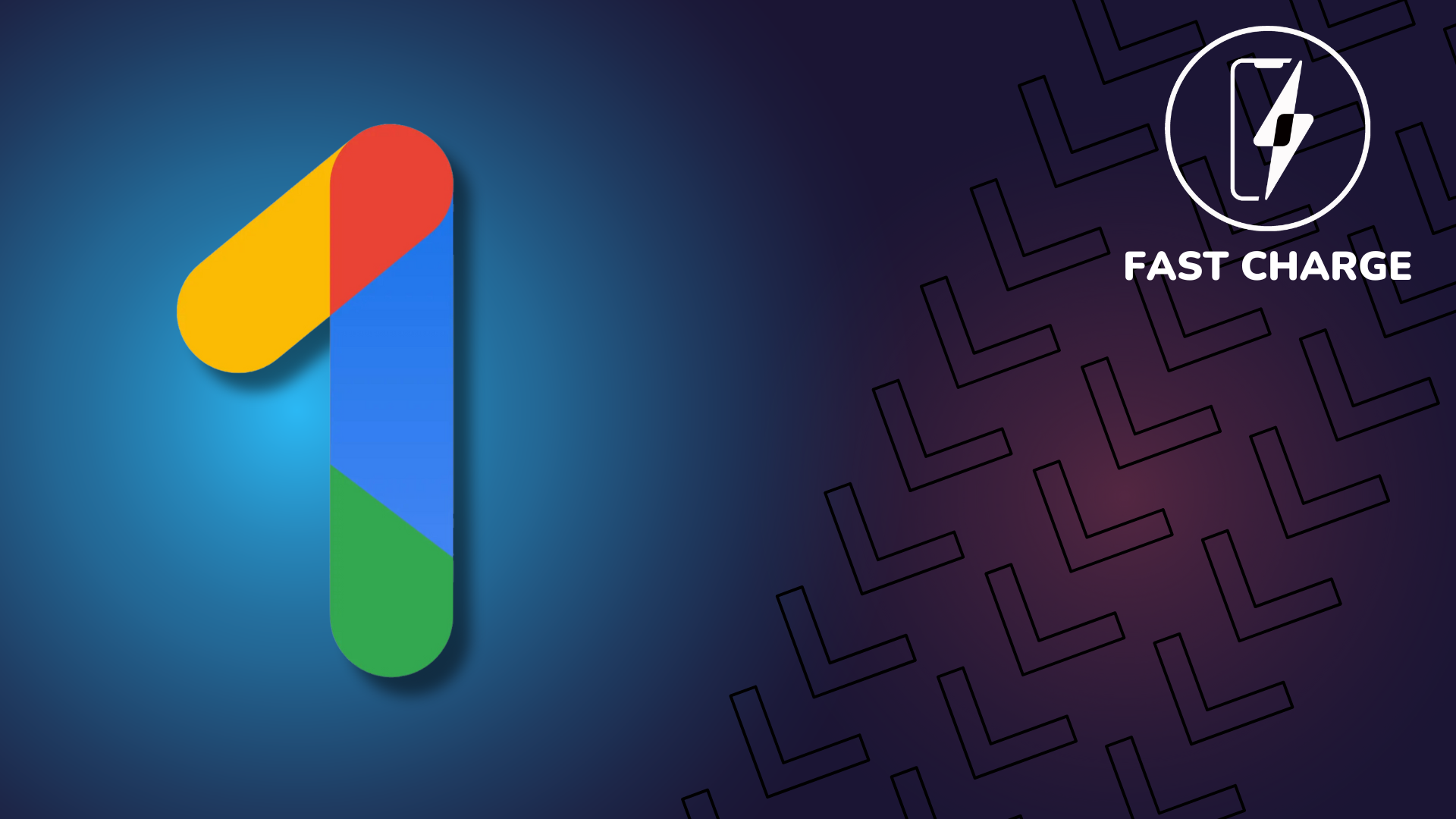Fast Charge: 2024 will be the year of GenAI on smartphones

OPINION: Smartphones are constantly getting faster and more capable – that’s pretty much a given at this stage.
However, smartphones in 2024 will be focused on more than just powering games and running apps; some will be able to run Chat GPT-style Generative AI apps without needing an internet connection. And that’ll be a real game-changer for the smartphone experience.
But wait, let’s take a step back here. Generative AI, or GenAI as it’s known, is essentially an advanced version of the AI virtual assistants we’ve used on our phones for years. However, there’s a key difference in how they operate.
Generative AI is a type of artificial intelligence that can create new content, such as images, text, or even music, that wasn’t explicitly programmed into it. Unlike traditional AI systems that rely on predefined rules, generative AI learns patterns and structures from large sets of data, allowing it to generate new and original content.
The downside is that GenAI apps, like the popular ChatGPT, all require an active internet connection as all the processing is done remotely on incredibly powerful servers, with results then beamed back to your device.
This not only means that using GenAI can be a relatively slow process depending on elements like your internet connection and the material you need to upload for processing, but it’s also a nightmare for privacy. On-device GenAI, on the other hand, has none of these issues, making it much easier to integrate into the smartphone experience.
So, what’s so special about 2024? It all comes down to the chipsets powering 2024 smartphones.

It started with Qualcomm’s reveal of the Snapdragon 8 Gen 3, its next flagship processor, at an event in October 2023. As well as significant year-on-year gains in the CPU and GPU department, Qualcomm wowed the world with claims that the chipset is capable of running large-language models (LLMs) completely on-device with no need for a cloud connection.
Qualcomm isn’t the only manufacturer to get in on the fun either; MediaTek’s competing Dimensity 9300, along with the 8300, can also handle on-device GenAI tasks, further expanding the potential pool of 2024 smartphones with GenAI capabilities.
The question is, how will this change the smartphone experience? It all comes down to how manufacturers and developers take advantage of the new hardware.
Qualcomm demoed several uses for GenAI at its Snapdragon Summit, allowing smartphones to perform impressive tasks like analysing air quality using a ToF camera sensor, intelligently cropping and following subjects in the camera app, expanding images and, of course, generating reams of text on just about any subject you could imagine.
The issue is that Qualcomm can only provide tools to manufacturers – it can’t force them to integrate the features into upcoming smartphones. So, it’s all up to manufacturers to put it to good use.
That ties nicely into recent rumours about the upcoming Pixel 9 and, more specifically, its virtual assistant. While practically all Android devices use Google Assistant to perform tasks hands-free, it’s rumoured that the Pixel 9 series will have an upgraded virtual assistant dubbed Pixie.

Pixie is said to be based on Gemini AI, which Google demoed recently. According to the company, it offers “current state-of-the-art results on 30 of the 32 widely used academic benchmarks used in large language model (LLM) research and development”.
Depending on how Google integrates Pixie into the user experience, the virtual assistant could become more personalised, accessing your hardware in a privacy-conscious way to deliver a comprehensive virtual assistant experience.
Drawing inspiration from what ChatGPT offers, Pixie might be capable of providing information on upcoming flights, offering personalised meal recommendations, and engaging in casual, conversational interactions.
Throw that in with the litany of GenAI photo and video editing apps on the market, GenAI could be about to step into the limelight – and there’s no going back from that.








